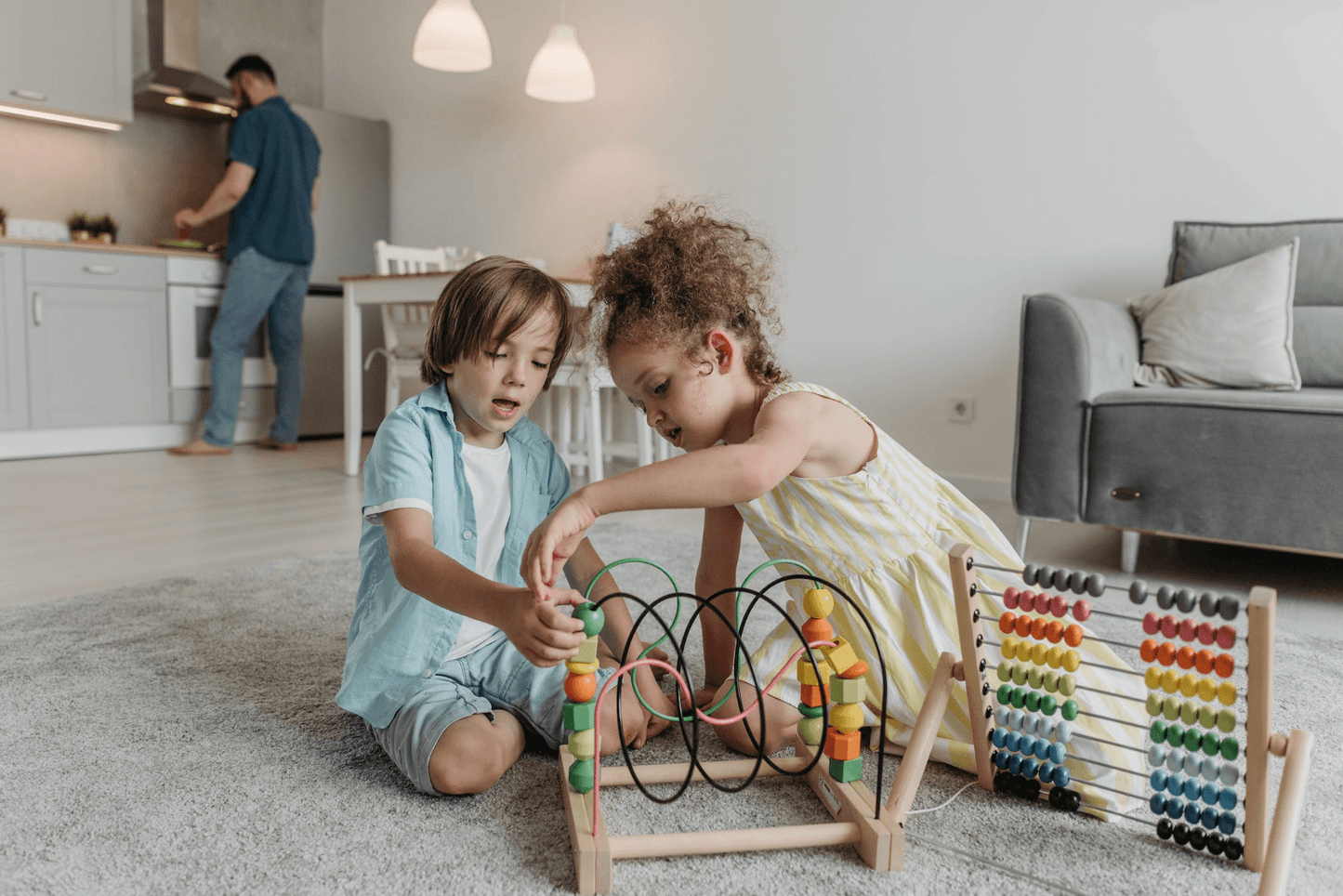
Educational toys are an essential tool for parents who want to give their children the best possible start in life. These toys are designed to help children learn and develop important skills in a fun and engaging way.
Benefits of Educational Toys
One of the main benefits of educational toys is that they help to stimulate a child's cognitive development. This includes things like problem-solving, memory, and reasoning skills. For example, puzzles and building blocks can help children learn about shapes and spatial relationships.
Another important aspect of educational toys is that they can help children develop their creativity and imagination. Many educational toys are open-ended, meaning that children can use them in a variety of ways. This encourages children to think outside of the box and come up with their own ideas and solutions.
In addition to cognitive and creative development, educational toys also help children develop their fine and gross motor skills. For example, toys like legos and blocks help children develop their dexterity and hand-eye coordination, while riding toys like tricycles and scooters help children develop their gross motor skills.

Playroom ideas
Adding educational toys to your child's playroom is a simple and effective way to promote learning and development. One way to do this is to choose toys that align with your child's interests and abilities. For example, if your child is interested in animals, consider getting them a toy zoo set or a book about different types of animals.
If your child is learning how to count, consider getting them a counting toy or a board game that involves numbers.

Change-up the Toys in your Child’s Playroom…
Another way to incorporate educational toys into your child's playroom is to rotate them regularly. This will keep playtime fresh and exciting, and also ensures that your child is exposed to a variety of different learning experiences. You can also use educational toys as an opportunity to teach your child new skills by playing together with them and explaining how the toy works.
You can also create specific learning areas in the playroom such as a reading corner or a science station, where you can put different educational toys or books related to the topic. You can also use wall posters and charts to supplement learning.

It's also important to keep in mind that not all educational toys have to be expensive or high-tech. Simple, everyday items like measuring cups, blocks and other household items can be used in a variety of ways to promote learning and development. The most important thing is to make sure that the toys are age-appropriate and safe for your child to play with.
Educational toys also play an important role in helping children learn about the world around them. Many educational toys are designed to teach children about things like science, math, and history. For example, a toy microscope can help children learn about different types of cells and organisms, while a toy cash register can help children learn about math and money.
Sensory Play Tents
Sensory play tents can be educational toys for children in a number of ways. Here are a few examples:
- Sensory exploration: Sensory play tents provide a safe and contained environment for children to explore their senses, such as touch, sight, and sound. Children can play with different textures, colors, and objects, which can help them learn about the world around them.
- Fine motor skills: Setting up and taking down a sensory play tent can help children develop their fine motor skills, as they have to manipulate small objects and use their hands to complete tasks.
- Creativity and imagination: Sensory play tents provide an open-ended space for children to use their creativity and imagination. They can create their own games and play scenarios, which can help promote their social-emotional development.
- Language development: Children can use sensory play tents to practice language skills, such as describing the objects and materials they are using and telling stories about their play.

What are the other Advantages of a Sensory Play Tent?
In addition to being fun and imaginative, themed playtime can also be a great opportunity for children to learn about different cultures, time periods, and scientific concepts. For example, a jungle-themed playtime might allow children to learn about different types of animals and their habitats, while a space-themed playtime might introduce them to concepts such as gravity and the solar system.
Overall, themed playtime is a great way to encourage children's imagination and provide them with a fun and engaging way to learn and explore. So, it is a great way to keep children entertained and active during the winter months when it might be too cold to go outside.

